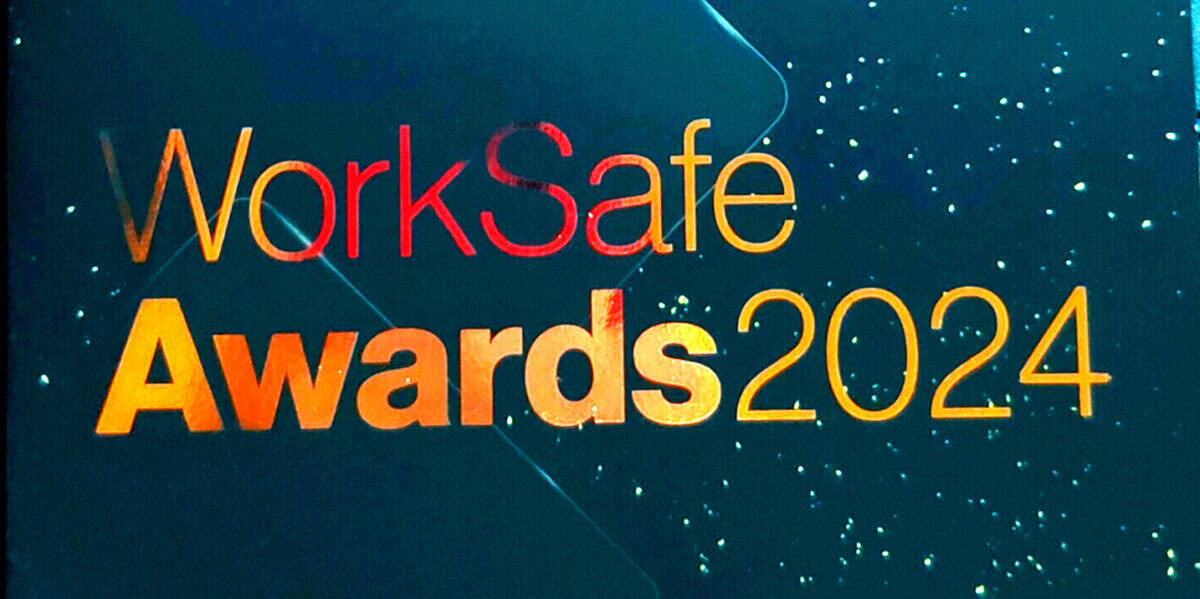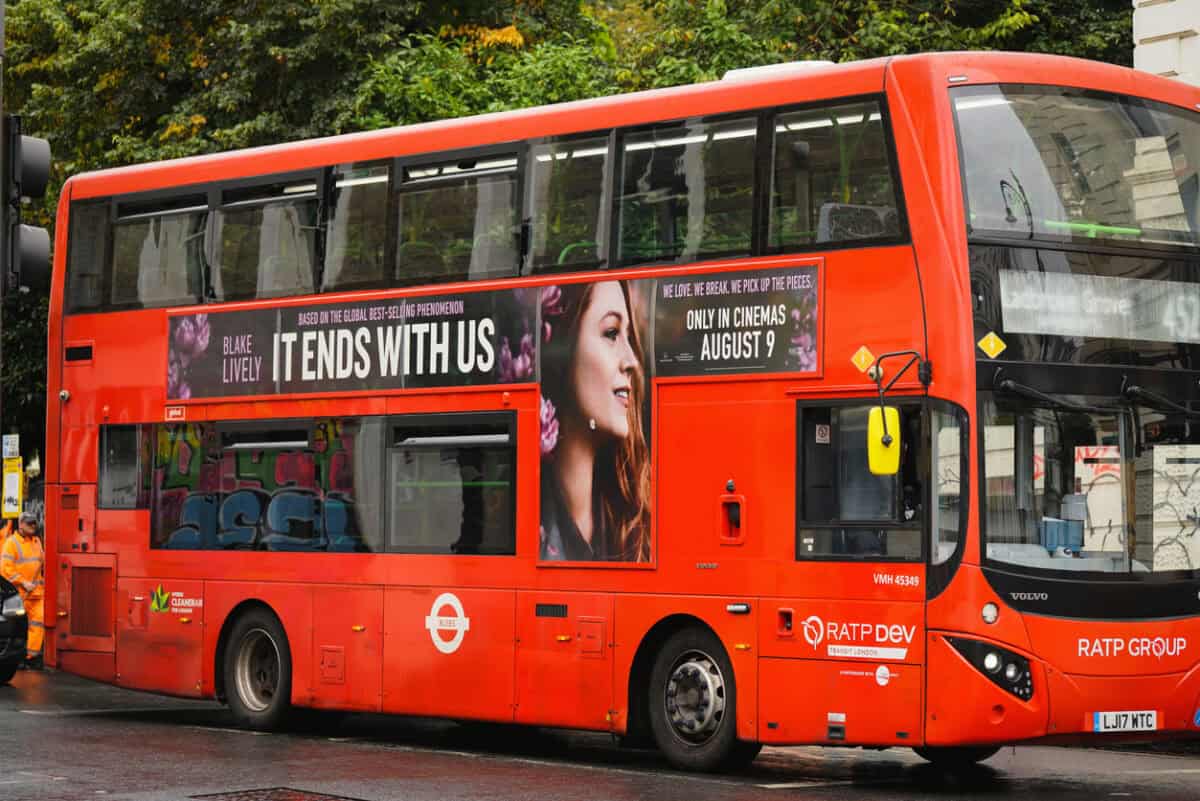WorkSafe Vcitoria’s annual awards night for 2024 was held last week. It was an unexceptional night, with around 400 in the audience, most of whom were award finalists and their colleagues. Although unexceptional, it was not dull, as the finalists’ stories were often compelling. However, the event needs a boost. Perhaps not to the flamboyance of earlier this century with over 1000 attendees and dancing into the night, as that would not be a good political look, but it needs something.
What was not notable was the politics of the evening.






